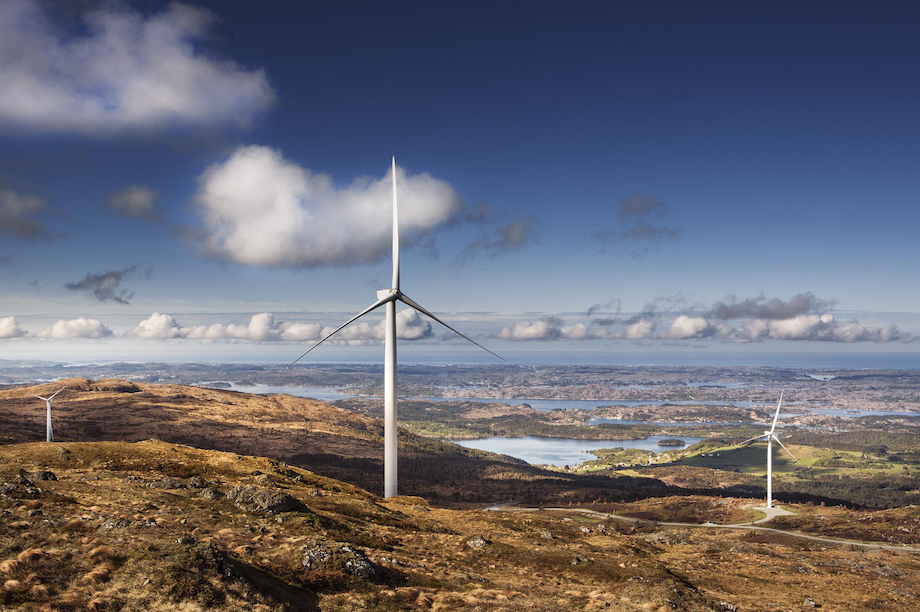The Norwegian wind energy association (Norwea) was encouraged by the measures proposed in a government review of onshore wind licensing.
But the industry body still needs greater clarity on some the proposals, especially around plans for tighter construction deadlines.
The Norwegian Water Resources and Energy Directorate (NVE) government agency submitted its proposals as part of an internal review for the Scandinavian country's ministry of energy and petroleum.
Among its recommendations, NVE suggested the inclusion of project-specific taxes and turbine height restrictions, the addition of a five-year lead time for new sites, and giving regional bodies having greater influence in the application process.
The review comes after plans for a national framework for wind power were scrapped last year due to overwhelming local opposition.
Norway's energy ministry will consider NVE's proposals when assessing Norway's onshore wind licensing process.
Regional management
The NVE suggested that giving more power over licensing to local and regional authorities might lead to "better assessments of sum effects and increased predictability".
Central government bodies, including the energy ministry, will still grant a project's licence, but regional councils would have more influence in the decision, NVE senior adviser Erlend Bjerkestrand told “uåX˜äŠÊ˜·³Ç.
Its proposal also includes the right of municipality and county councils to jointly veto a project at an early stage of the licensing application process.
Norwea director Øistein Schmidt Galaaen said the association is opposed to authorities having a formal veto, but formalising the roles of regional bodies in licensing "could lead to a better dialogue between developers and municipalities, thus increasing local acceptance".
It is important for those considering applications for new wind farms to "see projects in context and optimise solutions for networks and production" added the trade body's CEO Øyvind Isachsen.
Lead times
The NVE proposed a five-year deadline for project commissioning including two years for a detailed plan, plus three years to build the wind farm. It also allows for the deadline to be postponed by up to three years.
Bjerkestrand said delays due to grid reinforcements, construction work, or financing might prompt an extension to be granted.
Norwea's Isachsen said the proposal "seems somewhat tight", but added much would depend on the exact conditions which prompt an extension to deadlines.
Meanwhile, Galaaen added said, as the proposal stands, the tighter deadlines could hinder project financing and NVE seems to "underestimate the risks and complexities of large energy projects".
However, "if combined with clear signals that projects with valid reasons for delays will normally be granted new deadlines, it would likely be a different matter", he said.
The NVE also conceded the deadlines might make it difficult to carry out the necessary feasibility studies, contract negotiations and wind measurements in time.
Height restrictions
Turbine height is an important factor in permitting processes, Isachsen said, but operators should not be restricted to using older, smaller, less powerful and inefficient machines.
He was encouraged by NVE acknowledging the importance of having the flexibility to use the best technology.
"Environmental and land-use considerations will often be best taken care of with fewer and larger turbines," he added.
Natural resources tax
The NVE accepted it "does not have any expertise in taxes and fees", but said it might be appropriate for the government to consider new levies to benefit local communities. Similar taxes had increased local acceptance of hydropower plants.
Norwea described the suggestion as "very positive" and said "the discussion of this and other wind power compensation schemes must be given high priority by the government".
Galaaen said the industry body would welcome a tax to "compensate local municipalities for disadvantages in a transparent and predictable manner".
Existing 'natural resources taxes' levied on hydropower plant operators are "a reasonable way of redistributing money to society as a whole".
Such taxes "don't really affect the economics of a project that much," Galaaen said.

.png)


.png)










